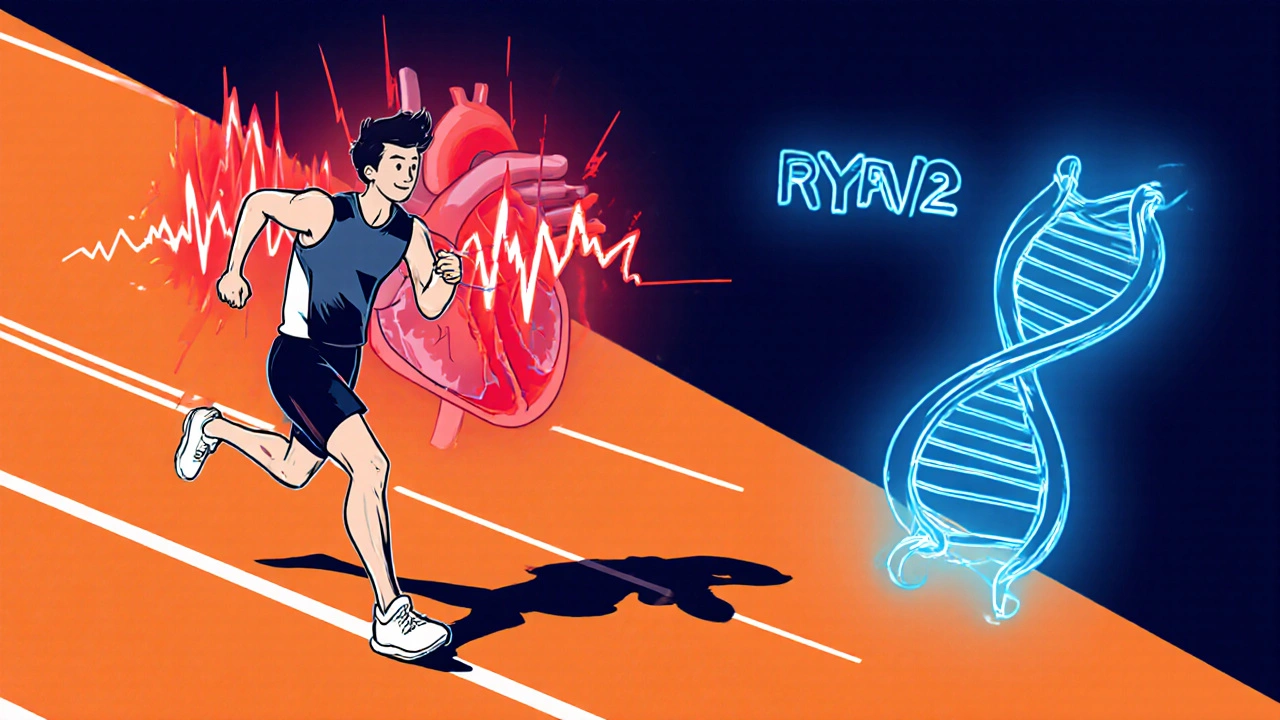When dealing with ventricular tachycardia, a rapid heart rhythm that starts in the lower chambers of the heart. Also known as VT, it can cause dizziness, palpitations, or even loss of consciousness if not treated promptly. Arrhythmia, the broader category of irregular heartbeats, includes VT as one of its more serious forms. Electrocardiogram, often shortened to ECG, is the key test that captures the electrical pattern of VT. Finally, beta blockers and implantable cardioverter‑defibrillator are two of the main ways doctors keep the rhythm in check.
Ventricular tachycardia encompasses rapid beats that originate below the atria, typically over 100 beats per minute. Because the ventricles don’t have enough time to fill properly, the heart’s output drops, leading to symptoms that range from mild fatigue to life‑threatening collapse. Diagnosis requires a prompt ECG, which shows a characteristic wide‑complex, regular pattern. Physicians also look at the patient’s history, blood tests, and sometimes a cardiac MRI to pinpoint underlying causes such as scar tissue from a prior heart attack.
Once VT is confirmed, treatment often involves medication, most commonly beta blockers, to slow the heart rate and stabilize the rhythm. In cases where medication isn’t enough, doctors may recommend an implantable cardioverter‑defibrillator (ICD). The ICD monitors the heart’s rhythm 24/7 and delivers a tiny shock if a dangerous episode is detected, effectively acting as an internal safety net. For some patients, catheter ablation – a procedure that burns away the problematic tissue – offers a longer‑term solution.
Understanding the link between ventricular tachycardia, its detection methods, and the therapeutic options helps you stay ahead of potential complications. Below you’ll find a collection of articles that break down everything from the basics of ECG interpretation to the pros and cons of different medication regimens and device therapies. Dive in to get the practical knowledge you need to discuss VT confidently with your healthcare provider.

Explore how amiodarone works for catecholaminergic polymorphic ventricular tachycardia, its dosing, side effects, and how it compares with beta‑blockers, flecainide, and ICDs.
read more